Have you ever wondered whether you are in one of those obsessive relationships, where you are too emotionally and physically dependent on your partner?
So, is it love or obsession? To find out take a look at this simple test.
As a physician, I’ve seen many patients who felt trapped in obsessive relationships. They can’t stop thinking of someone. They can’t stop checking their phones to see if he/she texted.
A great part of their consciousness is devoted to ruminating about what this person is doing or not doing and they are afraid of losing the person. These obsessive/possessive relationships can be very painful.
I discuss this topic at length in my book The Power of Surrender. In the book, I emphasize that bonding with a partner is a natural part of getting to know someone and of falling in love. But getting overly attached goes beyond healthy bonding and is disempowering. When you truly love someone you’re not interested in possessing the person or keeping him or her in your clutches because you’re afraid of losing the relationship. Instead, you respect your partner’s autonomy and spirit.
You’re not too entangled, by standing together side by side. True intimacy is always a balance between bonding and letting go so the relationship can breathe.
Read 8 Unnecessary Worries That Can Ruin Your Relationship
Love Vs Obsession Quiz: Are You Overly Attached To Someone?
- Do you cling to your partner?
- Do you want to possess him or her?
- Are you often afraid of being abandoned or betrayed?
- Do you get anxious when you don’t hear from him or her every day?
- Do you constantly think about the person?
- Do you start obsessing about a partner after you have sex?
- Does your partner feel you are trying to control or suffocate him or her?
- Do you feel you can’t live without the person?
How to interpret this obsessive relationship quiz:
6-8 yeses indicate that you are extremely overly attached.
3-5 yeses indicate that you are moderately overly attached.
1-3 yeses indicate that you have a tendency to overly attach.
A score of zero indicates that you have healthy bonding with your partner.
First, to deal with an obsession you have to seize control of your thoughts and mind.
Then consciously change your thinking from unwholesome thoughts to constructive positive ones. It is very important to consciously shift out of the obsession using your will to do this.
An aspect of myself that I’ve made progress in healing is my tendency to get overly attached to men. During sex, I bond quickly and fuse with a man but I can’t un-fuse with him later. I start yearning for him and thinking about him constantly. Some of this is organic and beautiful but becoming overly attached crosses a line. I can become obsessed and intensely hungry for contact particularly if I’ve been single for a while.
I am a sexual being so, after I haven’t had sex for a while, I can become needy compared to when I have an ongoing connection with a loving partner. Being in this position makes me (and many women) vulnerable to getting overly attached. For instance, if I don’t hear from this man for a few days–I can get anxious and afraid of losing him or of being abandoned. It’s not good for me, and moreover, most men don’t appreciate this kind of response.
So in my tantric sexuality sessions and in therapy, I discovered how to enjoy passion from a more grounded place. Here’s how:
I learned that over-merging with a romantic partner without a pause can decrease the erotic charge. It actually can be more erotic and intimate to go in and out of intense connection with a partner, rather than sustaining it. This gives both lovers their space and more breathing room.
I don’t “root” in a man, but root primarily in myself and the earth. One way I do this before and after lovemaking is to visualize my body developing roots into the soil like a tree. I’m still surrendered to and immersed in pleasure, but I also keep a fuller sense of myself intact later. I’m able to separate from him and more comfortably see us as separate beings.
After lovemaking or to deal with possessiveness in intimacy, I also find it useful to meditate with my partner and then say to each another, “I adore you. I honor you. I release you.” This is a healthy way to bond while not excessively attaching or fixating. It produces a beautiful equilibrium of loving.
Read Are You Losing Yourself In Your Relationship? Stages of Codependency and what you can do about it
The solution to not becoming overly attached or possessive is to focus on strengthening your self-esteem while addressing and releasing fears, including the fear of abandonment, which can cause the need to cling.
Working with a skilled relationship therapist or coach can be productive. Also, you can practice the three tantric techniques that I described above. These will help you develop autonomy and grounding. Being willing to surrender the tendency to overly attached in favor of healthily bonding will allow you to have more joyous and pleasurable relationships without the pain of obsession.
(Excerpt from Dr. Judith Orloff’s national bestseller The Power of Surrender: Let Go and Energize Your Relationships, Success, and Well-Being)
Being obsessed or overly clingy will only harm your relationship in the long run, and even lead to a horrible breakup. Be positive and have faith in your love and partner. Calm your mind and try to get rid of all the anxious and negative thoughts that tell you, that you will be abandoned. Love yourself enough to be in a healthy relationship.
If you want to know more about the nature of obsessive relationships, and what you can do to tackle it, then check out this video below:
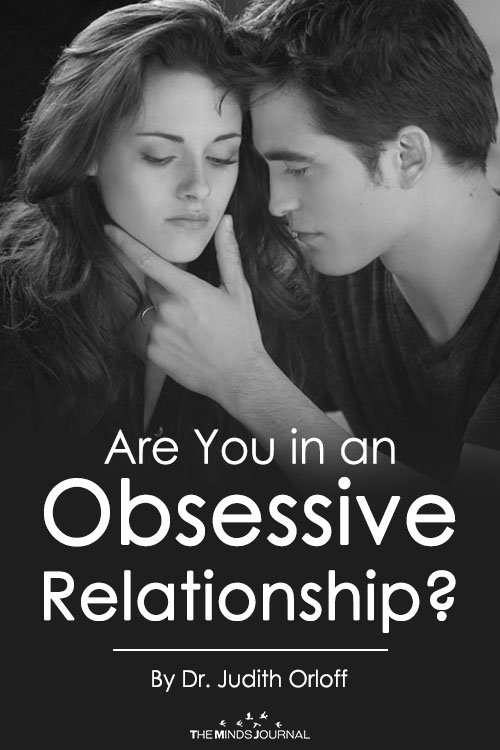
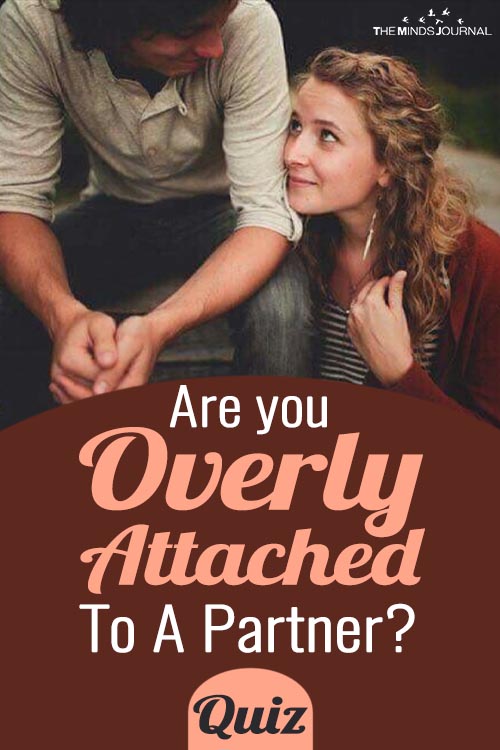
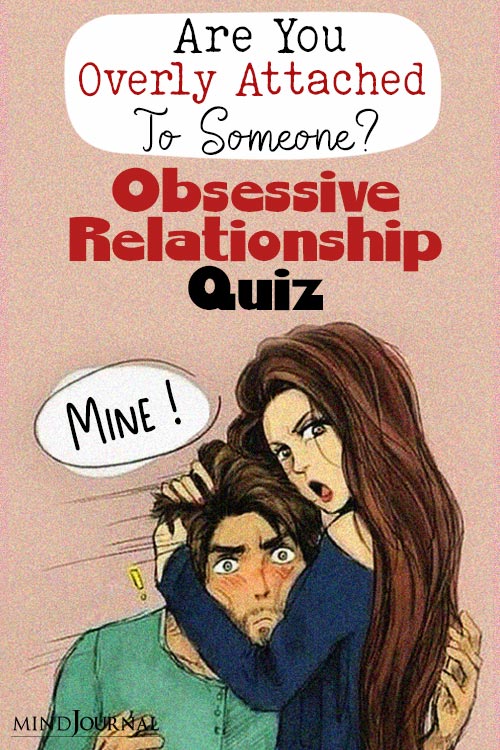

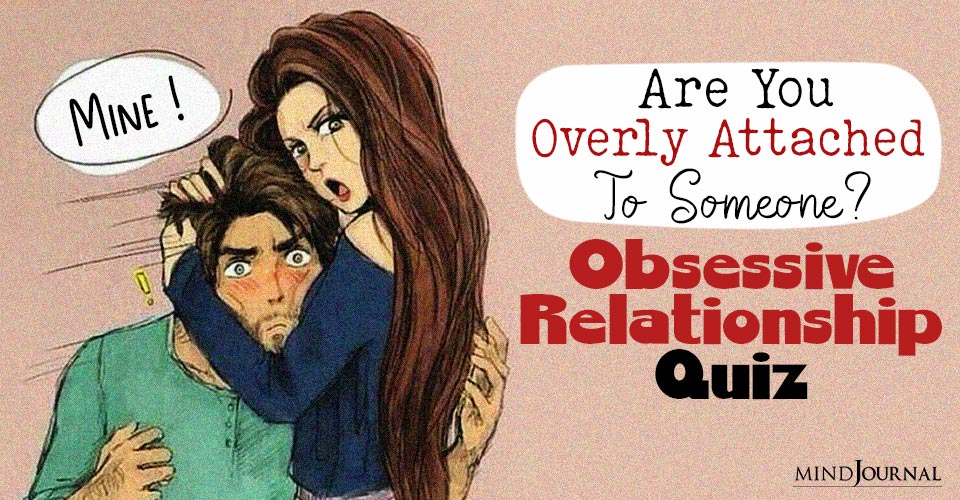



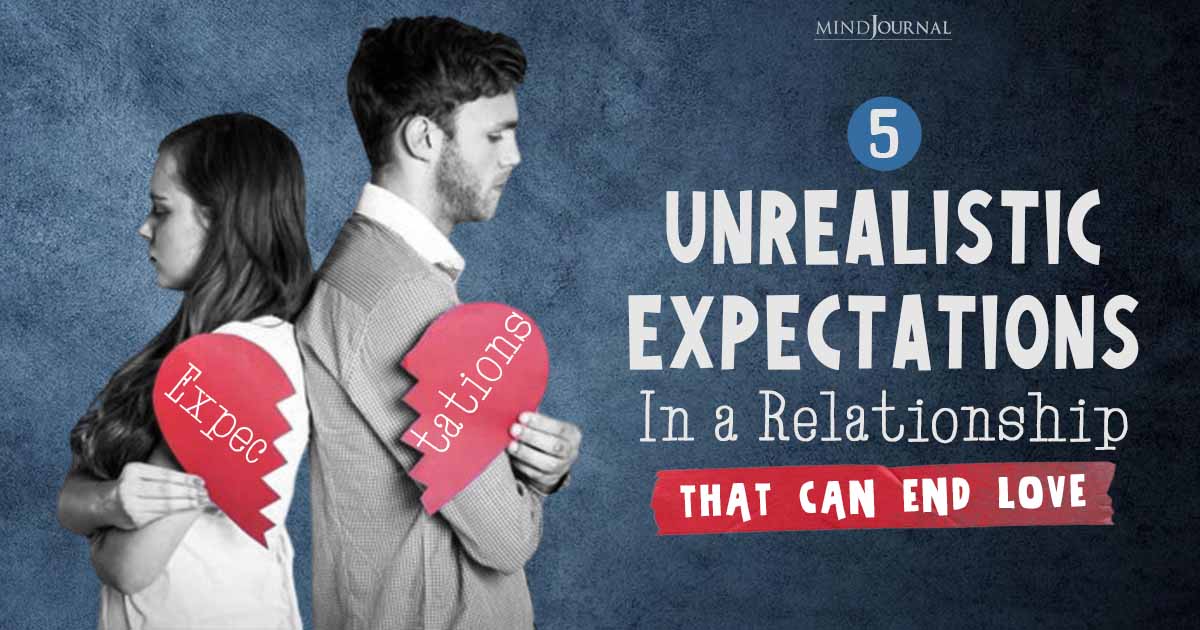

Leave a Reply